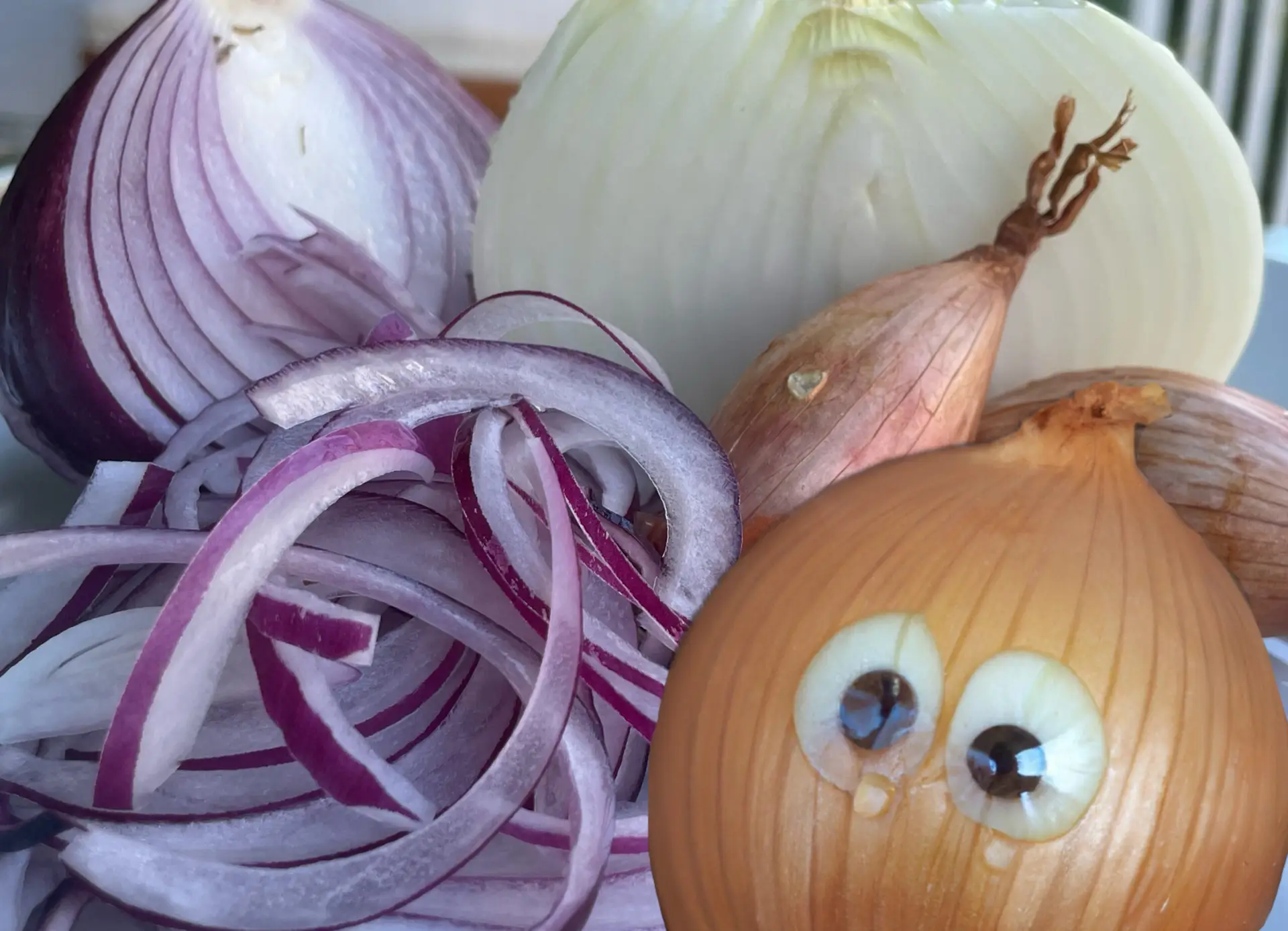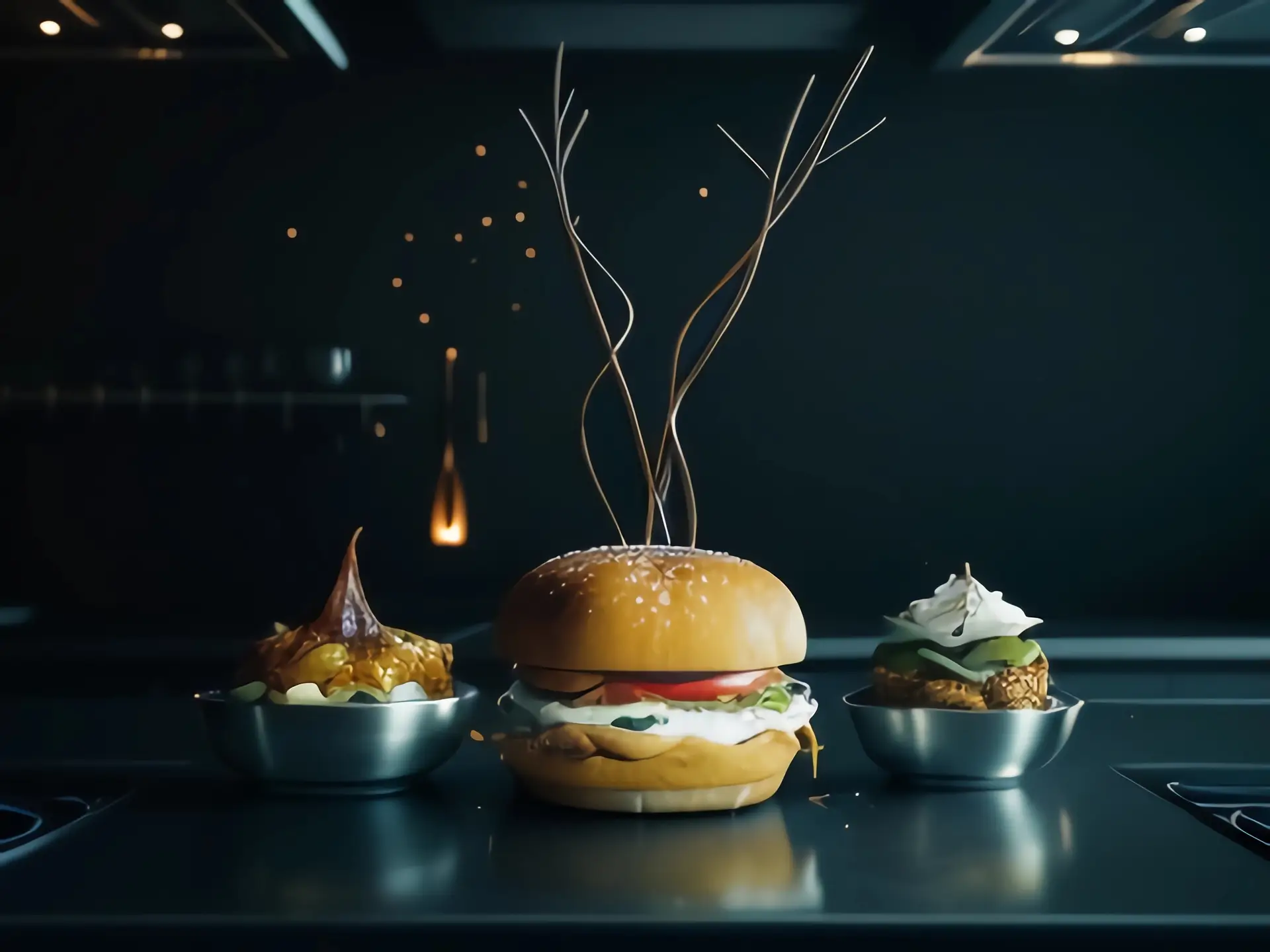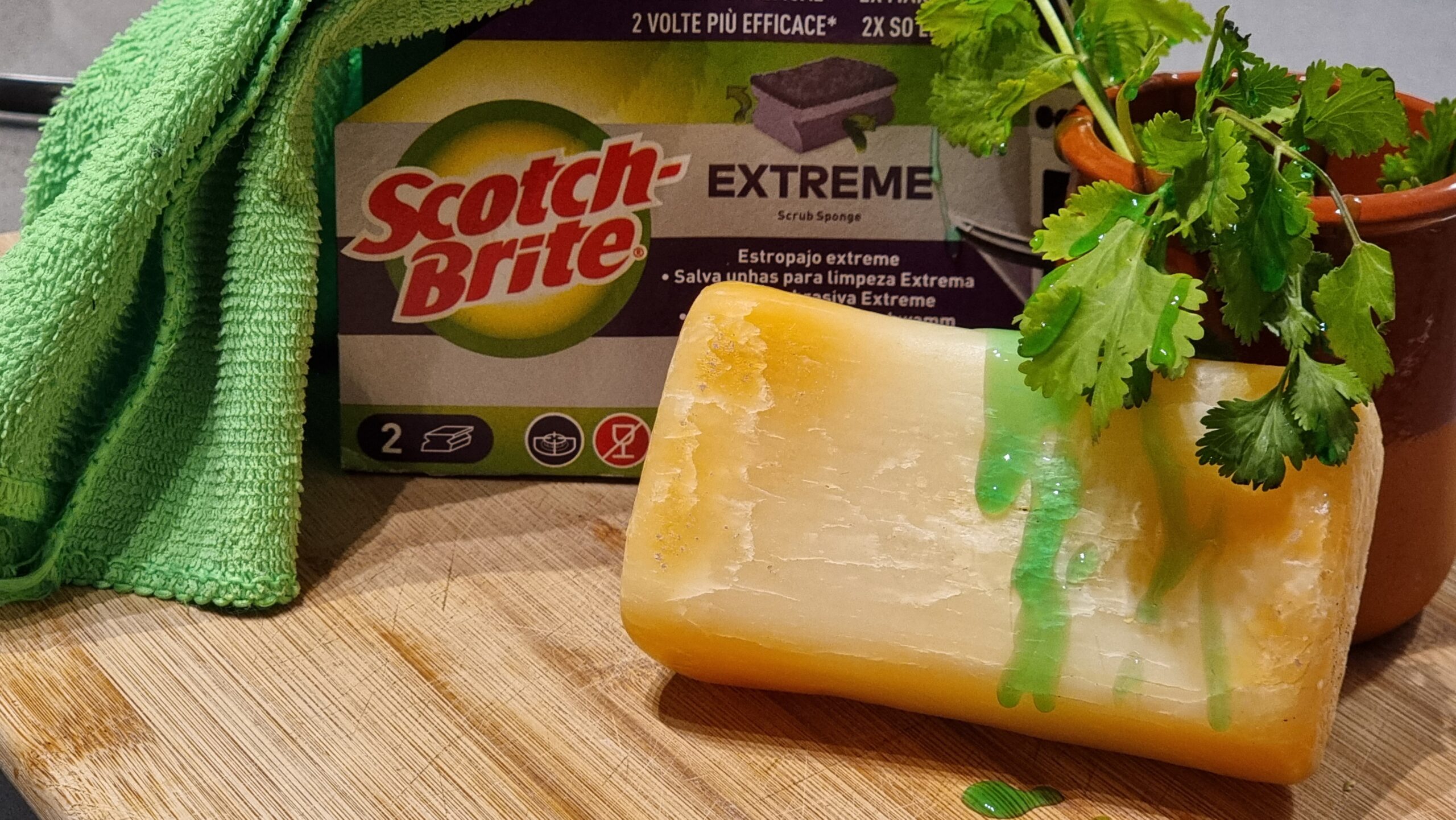When should we salt the meat? Before or after or during grilling?
As with the controversy over if we should lick or bite an ice cream, there are two opposing schools on the matter of how to grill a steak: those who salt it before cooking and those who salt it afterward. Well, it’s clear when you grill a steak, naturally, you salt it (I feel sad for people with Hypertension). But when?
Cooks are inclined to retort to this question based on their personal experience, but sometimes it’s insufficient. As Neil DeGrasse Tyson says, we are inclined towards what we want to see and not what is happening, it’s not our fault that we’re humans, it’s in our nature. So noticing these things is what makes it possible for us to understand the process objectively, and hence we do experiments. In these experiments, we control the various parameters to cut to the heart of things, well, in this case, the meat.
Some argue that introducing salt beforehand gives it time to penetrate so that the meat is seasoned, not all the way through but at least much of the way. Others are equally swayed that salting meat before cooking draws out its moisture by a process called osmosis (Brining is a different ballgame). Meat is composed of cells that contain water, protein, and all the other necessary molecules necessary to sustain cellular life. If the meat is held in contact with the salt at the outset, naysayers say, then the fact that the concentration of liquid inside the meat is greater than that of the surrounding layer of salt, and thus water will osmotically migrate towards the salt, hence drying the meat out. And that is not all, the latter also claims that when there is a layer of water on the outside of the meat it tends to boil rather than being grilled, preventing the proper browning when put on the grill.
Let’s talk about an experiment, drench a piece of meat in salt for some time and calculate the difference in the weight after regular intervals, this will depend wildly on the chosen kind of meat which means a type of cut if the meat is cut along or with the grain, type of animal, etc. According to a similar experiment done by Hervé This at École Supérieure de Cuisine Française, when a piece of chicken breast was completely covered in salt, it lost only about 1% of total moisture after 30 minutes. Of course, what happens to meat at room temperature is very different from when it’s at very high heat but the results are simple and plain, there is no disgorging of liquid, even though the meat was coated with salt while in the case of actual cooking, you would only put a minute amount of salt comparatively. That answers one of our questions, you can season your steak as and when you want without the fear of its drying out.
Now moving on to the next, does the salt penetrate the meat? Again an experiment was done at Paris AgroTech using a scanning electron microscope and a device for detecting chemical elements by means of X-Rays, which can show the presence of various chemical elements or ions. Again, the answer is simple, rather than penetrating to the center, it passes out of the meat during cooking. On the other hand, a small amount of metal is observed to enter the outer layer of the meat, when it is trimmed of fat. Now, the only thing that must be kept in mind is that the nature of meat is so variably unstable that more subtle effects of preparation and cooking may make themselves felt only insofar as they suit our desires and answers to our illusions.







